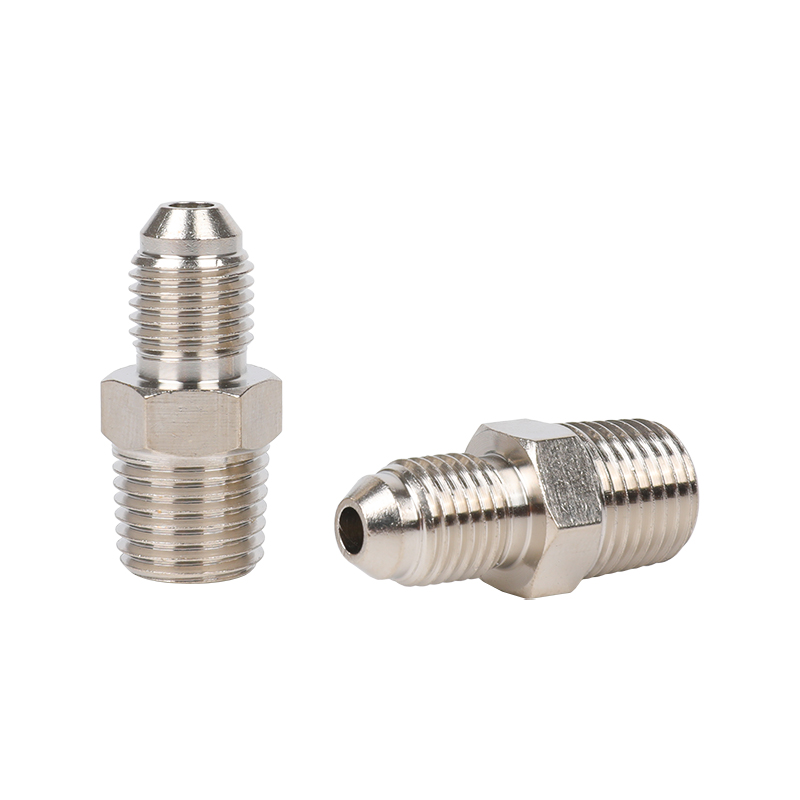How does the material selection of hydraulic quick connectors affect their performance?
Author:admin Date:2023-10-01
The material selection of hydraulic quick connect fittings has an important impact on their performance. Different materials can affect the performance of the connector in terms of durability, corrosion resistance, operating temperature range, maximum operating pressure, etc.
1.Durability:
Durability is one of the key characteristics of hydraulic connections. For example, stainless steel is a very strong material with excellent corrosion resistance and durability. It is commonly used in high-pressure hydraulic systems such as industrial machinery, aerospace and military applications. For systems with high frequency of connection and disconnection operations, stainless steel connections maintain their performance over time, reducing the risk of wear and leakage.
2. Corrosion resistance:
Corrosion resistance is very important for long-term use of connectors in harsh environments. Copper alloy is a material that performs well in many liquid media, especially in environments containing moisture. Therefore, it is often used in the manufacture of connections in water treatment, cooling systems and marine engineering. For example, hydraulic systems in marine engineering may need to operate in seawater, and the corrosion resistance of copper alloys makes them an ideal choice.
3. Working temperature range:
Different hydraulic systems may operate at various temperatures, so the thermal properties of the materials are very important. Aluminum alloys often perform well in high-temperature environments, such as in engine hydraulic systems. Due to its lightweight and good thermal conductivity, aluminum alloy connectors are able to operate stably at high temperatures.
4. Maximum working pressure:
The strength of the material directly affects the maximum working pressure of the connector. High-strength steel is a material commonly used in high-pressure hydraulic systems. For example, in the oil and gas industry, high-strength steel connections can withstand the extreme pressures found in high-pressure oil piping systems, ensuring system reliability.
5. Weight:
The density of the material determines the weight of the connector. In some applications, lightweight connections can reduce loads and increase system efficiency. Aluminum alloys are a lightweight option used, for example, in hydraulic systems in aircraft and cars to reduce overall weight.
6. Thermal conductivity:
Some applications require good thermal conductivity to help dissipate heat and maintain system stability. Copper alloys generally have good thermal conductivity and are suitable for high-temperature hydraulic systems that require heat dissipation, such as cooling systems or high-performance engine hydraulic systems.
7. Price:
The price of materials is critical to project budgeting and cost management. High-performance materials typically cost more, so there is a balance between performance and cost when choosing materials. For example, in some low-pressure hydraulic systems, lower-cost materials, such as plastics, may be selected to reduce manufacturing costs.
stainless steel fitting for auto

stainless steel fitting for auto



 English
English Deutsch
Deutsch











